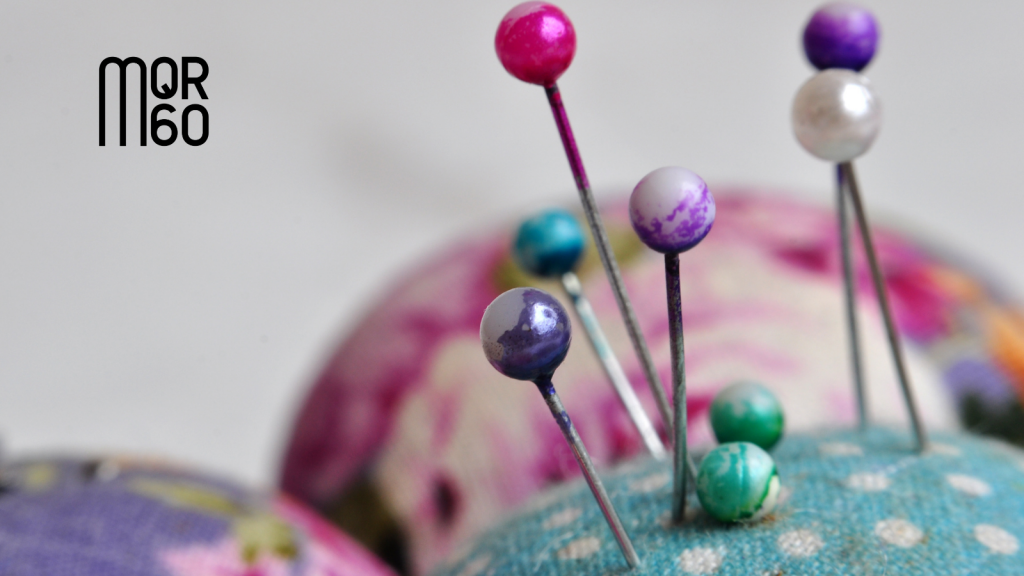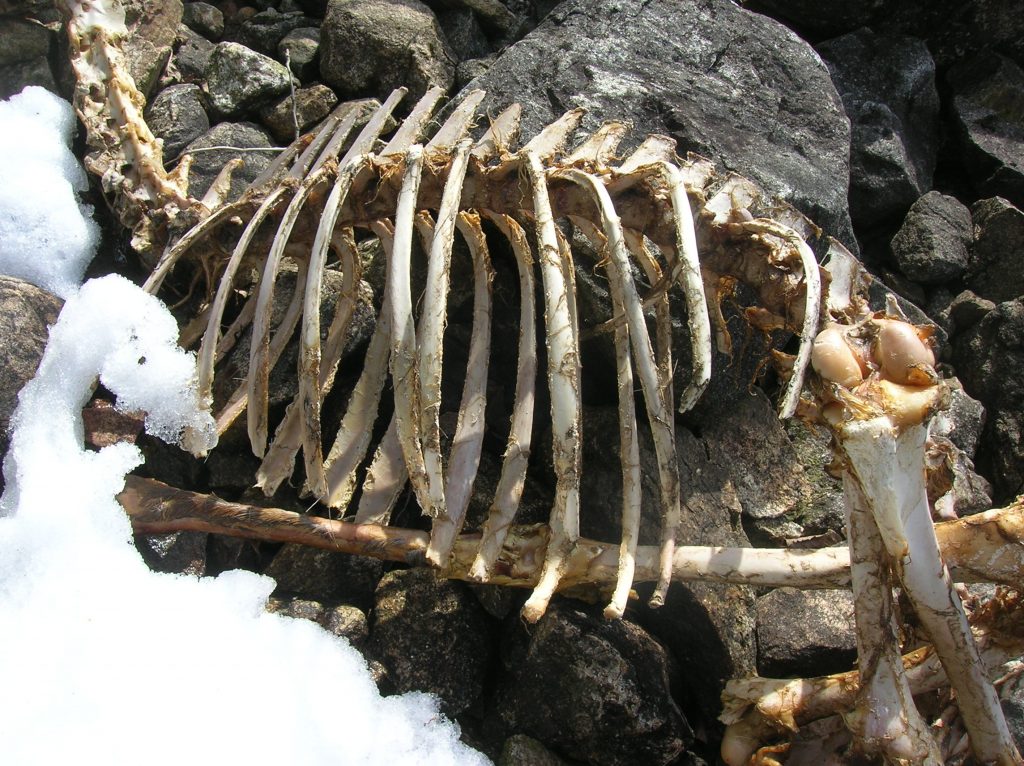Why I Chose It: Michigan Quarterly Review Intern Tahani Almujahid introduces Naomi Shihab Nye’s “Pins” from our Winter 2021 issue.
Originally published in MQR’s Fall 1992 issue, “Pins” would later be published in Naomi Shihab Nye’s book, Never in a Hurry, where the writer crafts stories of eccentric characters within her life. It is no surprise that an endearing prose-poem centering her Sitti’s love, care, and wisdom would be included in it.
“Pins” takes place in Palestine, where the speaker delves into how her husband falls ill in her village. She begins the poem with a call to her grandmother:
"Sitti, Sitti, can anyone know how often they are thought of?"
This sets the scene for the rest of the poem as the speaker relies on Sitti’s wisdom consistently in times of crisis. And Sitti’s always been like this, always reliable, always stubborn. She is even willing to travel twenty miles to help cure her granddaughter. Going back in time, Nye writes about Sitti’s miracle healing methods when the speaker was sick in Jerusalem as a child, relying on prayer and the straight pins from the “secret pockets of her bodice.” What other secrets is Sitti keeping? As Sitti’s words of prayer feel like a “cool waterfall tumbling” over her, it seems as though the healing method is purifying for the speaker, cleansing her from her sickness and leaving her struck: “Tell me what prayer to say, tell me where to stick my pins.” I was moved by these lines, thinking about my own grandmother who I see in Sitti’s prayers, how headstrong she is, unwilling to take ‘no’ for an answer. She always has the answer, and I, like the speaker, need to listen, need to learn where to “stick the pins.”
The poem reads almost as an intimate call towards the speaker’s Sitti and the lessons she has learned from her. The beginning about her husband is thus merely a preluding anecdote to the real point of the piece: to describe Sitti’s ability to care for those around her through both her love and her use of traditional Arab medicine. Nye flawlessly writes about the power in prayer, in letting go of rage and the past, that by the end of the poem, we are left thinking of our loved ones and what we’ve learned from them – and how that knowledge lives in our bodies. After all, the knowledge from our grandmothers, is meant to be passed down.
You can read Naomi Shihab Nye’s “Pins” in our archive here.



